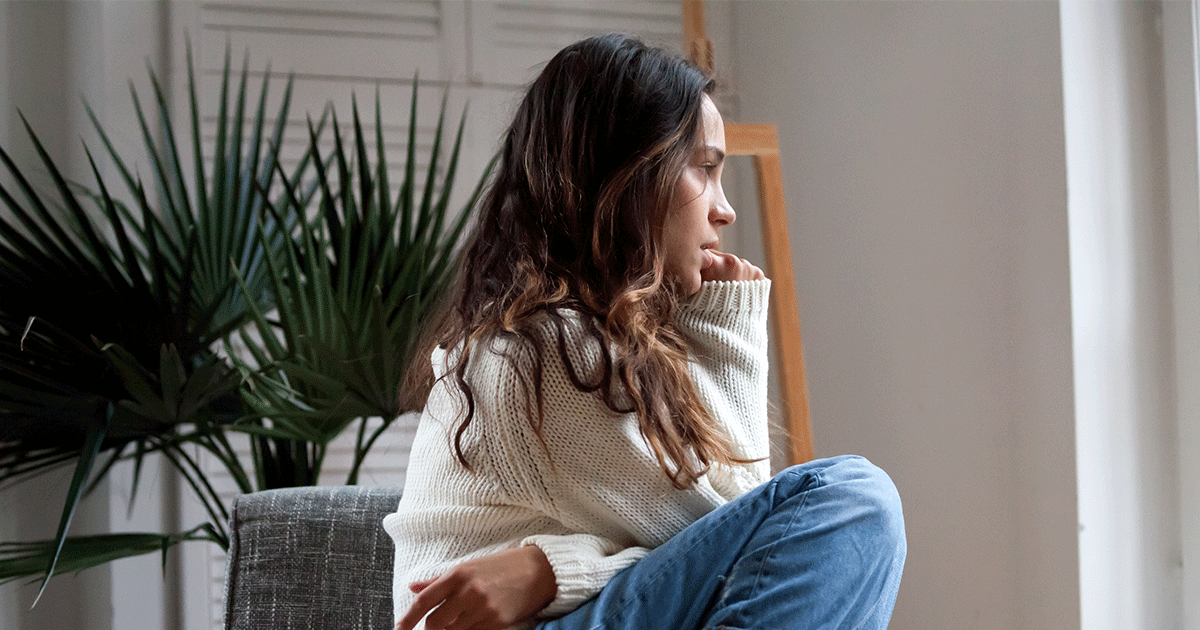It’s one of the biggest decisions of your life — are you ready for a baby?
Maybe you’re considering becoming pregnant, and you’re wondering if now is the right time.
Some people say there’s never a perfect time to have a baby. They say if you wait until you’re completely ready, you’ll never have a baby. That may be true, but there are usually times when people feel more ready than not.
Though many people may have opinions about when you’re ready or when you’re not, nobody can make this decision for you. You know yourself better than anyone, and you’re the only one who can know if you’re ready or not.
If you are trying to decide if now is the time to get pregnant and start a family, we’ve put together this list of questions that might help you as you figure it out.
- When you think about having a baby, do you feel mostly happy? Notice your emotions when you think about having a baby. If you feel mostly happy, that’s a sign you might be ready. If you feel a lot of anxiety or panic or if you feel really upset at the thought, then maybe you’re not there yet.
- Are you taking care of yourself – physically and emotionally? Do you try to eat healthy and exercise? Do you go to the doctor for regular check-ups? Are you in a good place emotionally and mentally? It’s difficult to take care of a baby if you aren’t taking care of yourself. A good first step to being ready for a baby is to take good care of you.
- Are you in a loving, stable relationship? Some people think having a baby will fix a troubled relationship. That just isn’t true. Having a baby can be really stressful — a baby brings new worries and loss of sleep and financial concerns. All of those things can stress even a really healthy relationship, and they can wreck a relationship that’s already in trouble. You deserve to have a healthy relationship, and your future children deserve to come into a stable home. If your relationship is strained, maybe you could see a counselor to strengthen your relationship before you bring a baby into the mix.
- Do you have a support system in place? You know that old saying, It takes a village to raise a baby? It’s completely true. Sometimes, you’ll need help, so it’s important to have a support system in your life — whether it’s your family or some close friends or people from church or you neighborhood.
- Are you willing to make sacrifices? Once you have a baby, your life isn’t only about you. Having a child means changing your priorities about how to spend your time and your money. Even your own body will be sacrificed to grow a baby inside and to take care of that baby after he or she is born. Are you ready to make those sacrifices?
- How will having a baby affect your career? Do you have maternity leave? Do you have role models or a mentor for balancing a career and a baby? Will your working conditions affect your ability to safely carry a baby to term? Of course, you don’t have to make a huge decision about your career for the next 18 years, but it’s important to figure out how your job might affect having a baby and how having a baby might affect your job. Then at least, you’ll make informed decisions.
- Does your health insurance cover pregnancy and childbirth? If so, what percentage of the cost will you have to pay? If not, how will you pay for having a baby? Check with your medical provider and with your local hospital to see how much it costs. Obviously, you don’t have to be really rich to have babies or else very few people would have children. But it’s important to have all the financial information so you can make a plan and start saving for the expenses.
- Are you ready for the responsibility? Having a baby is a huge responsibility. Your choices, your actions, your words will all affect your child. Your baby will come into this world completely helpless and will depend on you for everything. We’re not saying that isn’t a bit terrifying even for someone who is totally ready for a child – it’s scary and overwhelming even for people who are expecting a second or third child. But is that a responsibility you feel like you’re up for? Even though it seems hard and scary, are you ready for it?
If you’re trying to make this huge decision, please know that you don’t have to do this all on your own. If you don’t have anyone else to talk with, someone on our staff is happy to sit down with you and listen and help you think through this big decision.
If you’re already pregnant and you just aren’t sure if you’re ready to raise a baby, that’s a whole other set of considerations and concerns. And you don’t have to face that decision alone either. Please call us. We’ll set up a time to meet, then we’ll listen to you and we’ll talk through all the options with you. Even though this can feel like a terrifying time, we can help you not feel so overwhelmed.





